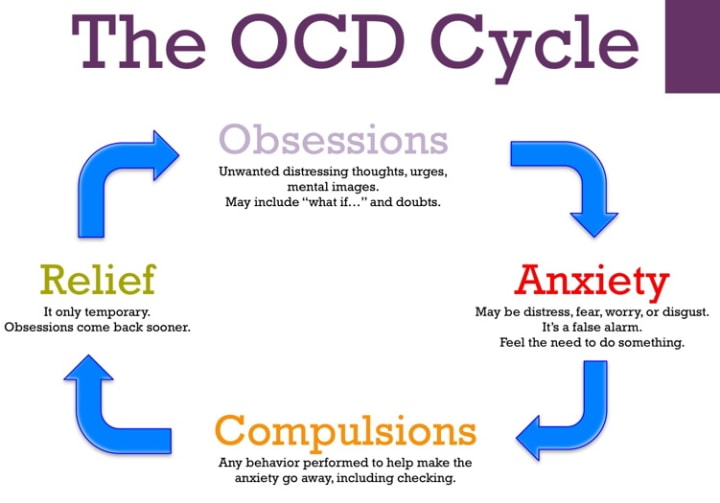
The aim was to examine associations of specific anxiety disorders, depressive symptoms, and incontinence in a representative, population-based sample of preschool children.Īll preschool children of a defined geographical area examined before school-entry were included. Future research exploring prevalence of comorbid psychiatric conditions and efficacy of treatment interventions in a pediatric urology population would be beneficial. Authors provide recommendations for screening measures and reinforce importance of including basic education on psychiatric diagnoses and impact on urological symptoms in urology and pediatric fellowship training programs. Differences between the cases, including patient age, sex, and compulsive behavior demonstrated (i.e., urinary frequency, excessive wiping) were also reviewed.Īccess to a behavioral health provider can enhance the identification of comorbid psychological disorders and can reduce duration of symptoms through appropriate psychological treatment. Similarities among the cases, including experience of phantom urinary incontinence, stressors present that contributed to symptoms, and obsessive fears of incontinence that led to compulsive behavior, were discussed. All patient were initially seen for medical treatment of urological symptoms, then referred for psychological evaluation, and were diagnosed with and received treatment for OCD. The case studies highlight the connection between urinary issues and underlying OCD symptoms. Three patients were ultimately selected for the study. Efforts were made to select index patients of diverse background despite limited sample availability.

#Ocd tidiness series
To provide a series of clinical care recommendations to enhance the identification and integrated medical and behavioral health treatment of these disorders.Īuthors participated in a series of discussions to define the patient population and specific aims for the study. To improve understanding of co-occurring Obsessive-Compulsive Disorder (OCD) and Bowel and Bladder Dysfunction (BBD) in an outpatient pediatric urology clinic setting.


 0 kommentar(er)
0 kommentar(er)
